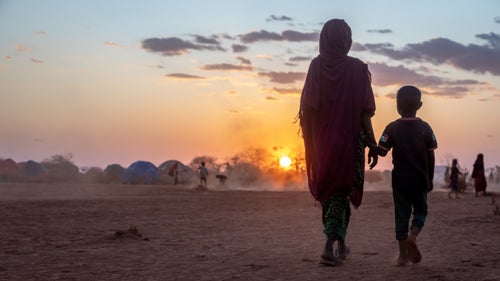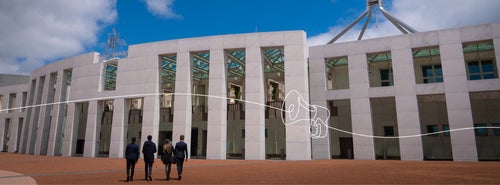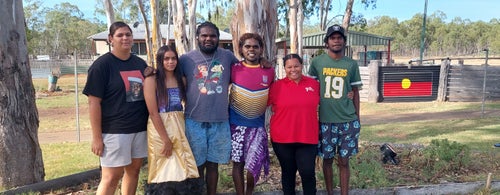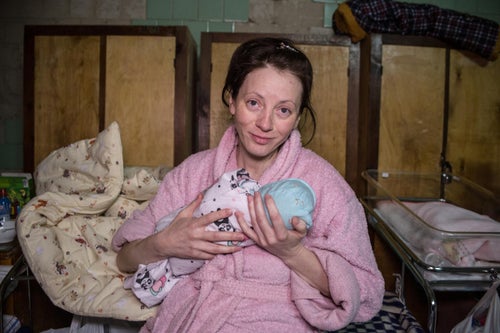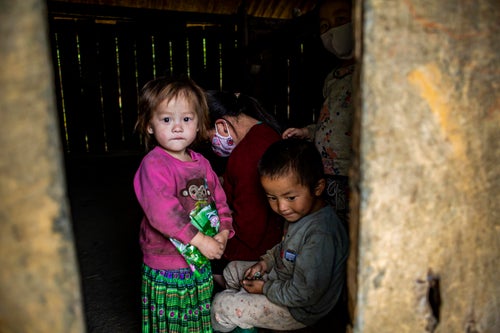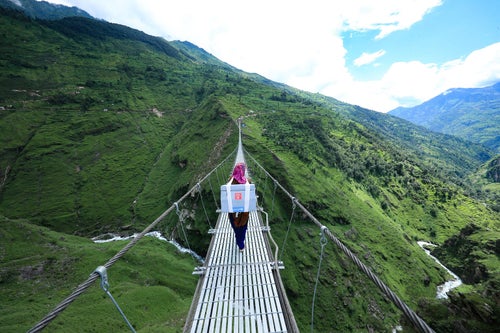On January 15, 2022, the island groups of Tonga awoke to what geologists believe was the largest volcanic eruption in over 30 years – sending shockwaves as far as Japan and Peru.
The combination of the earthquake, tsunami and volcanic ash (which covered 99 per cent of Tonga) caused widespread destruction. Buildings and some food crops were destroyed, water systems were affected, schools were closed, and families and children were left without access to basic needs.
As Tonga grappled with the aftermath, the island nation was dealt a second blow; following the infection of two port workers, the first community transmission of COVID-19 was confirmed. These overlapping emergencies complicated the provision of relief.
One year on and well on the road to recovery, we look at the impact your generous donations have had on the lives of Tonga’s children and their families.
Meet Vake and her mother, Maaimoa
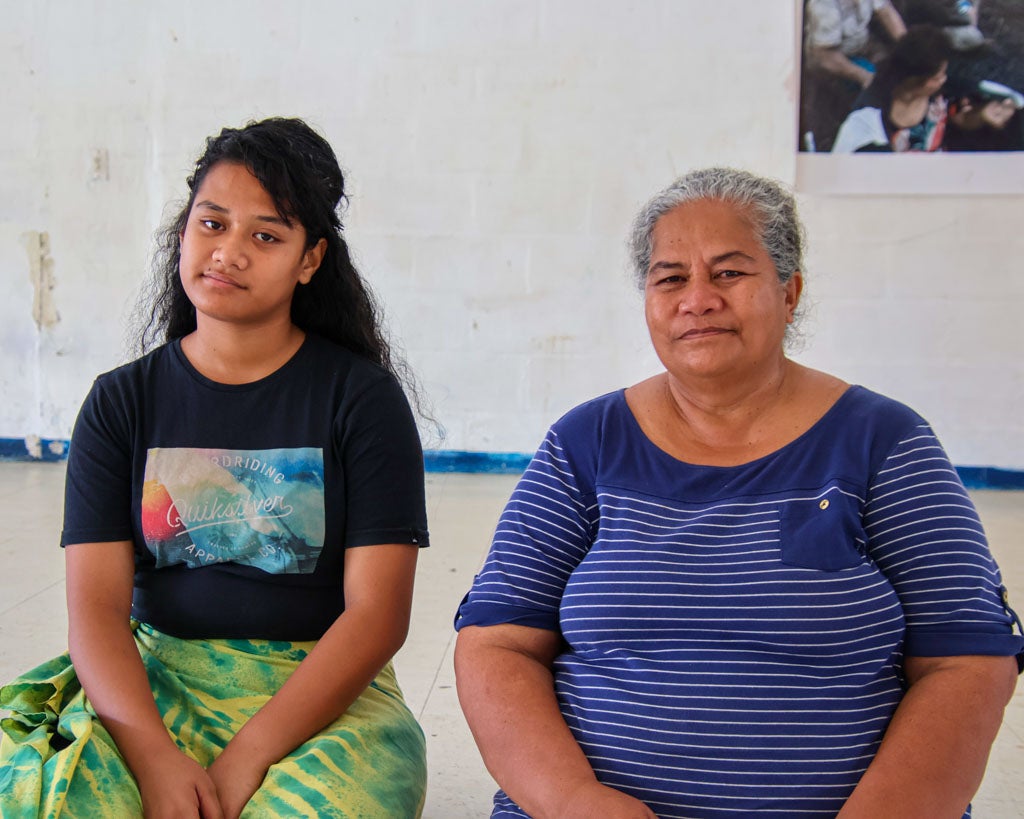
As families recover and rebuild, the scars of the night are still in the minds of those affected, especially those who lost everything they had, like Vake and her family.
“As we ran, we kept looking back. The waves went over the rooftop of the houses, washing away everything,” explains 14-year-old Vake, who called Tonga’s outer-lying Mango Island home. Today, the island sits barren with nothing but sand.
Vake’s mother, Maaimoa, recalls the first night and day before help arrived, where throughout the night, the elderly and children took shelter under a large tarpaulin and women under a mat held by men.
“The men kept clearing the ashes from the mat to keep it from collapsing,” says Maaimoa.
With nothing but the clothes they were wearing, the families survived on the root crops they had planted and the livestock.
UNICEF supports psychosocial interventions to help families recover
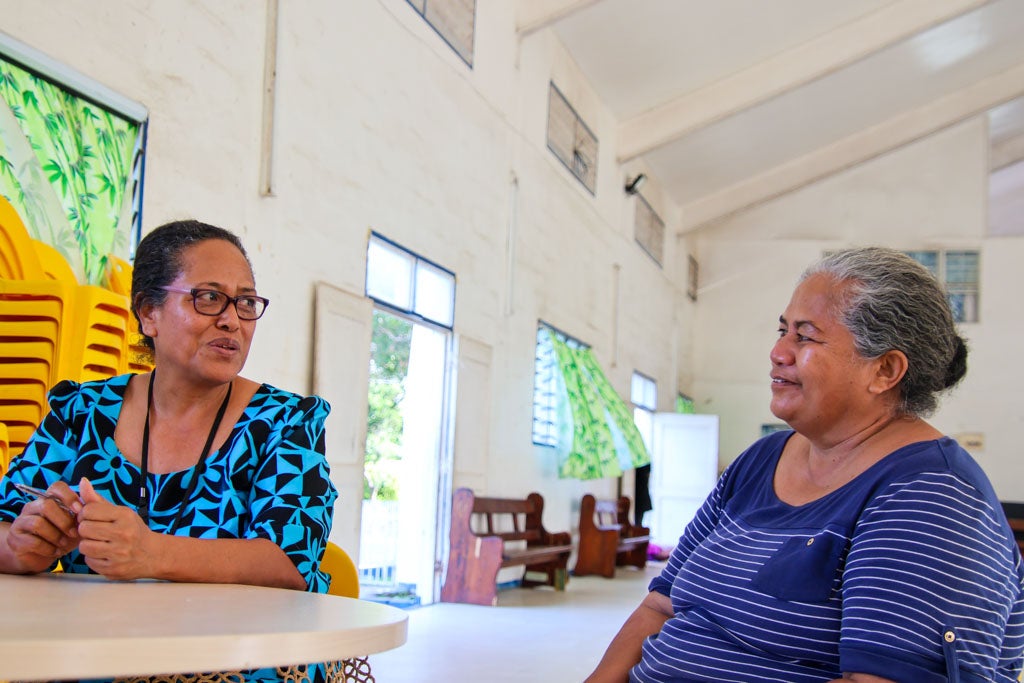
Children are always among the most vulnerable when a humanitarian crisis occurs. UNICEF-supported child-friendly spaces, along with emotional and mental health services, were set up to give children like Vake with a safe space to play, learn and connect with others. To date, just over 10,000 children and caregivers have been supported through psychosocial support (PSS) activities.
Maaimoa, who has seen firsthand the impact of the PSS interventions, adds that the games brought relief to the children and allowed Vake and her friends to start regaining a sense of normalcy.
“Seeing children smile again has helped me heal too,” she added.
Meet Pele and her three children
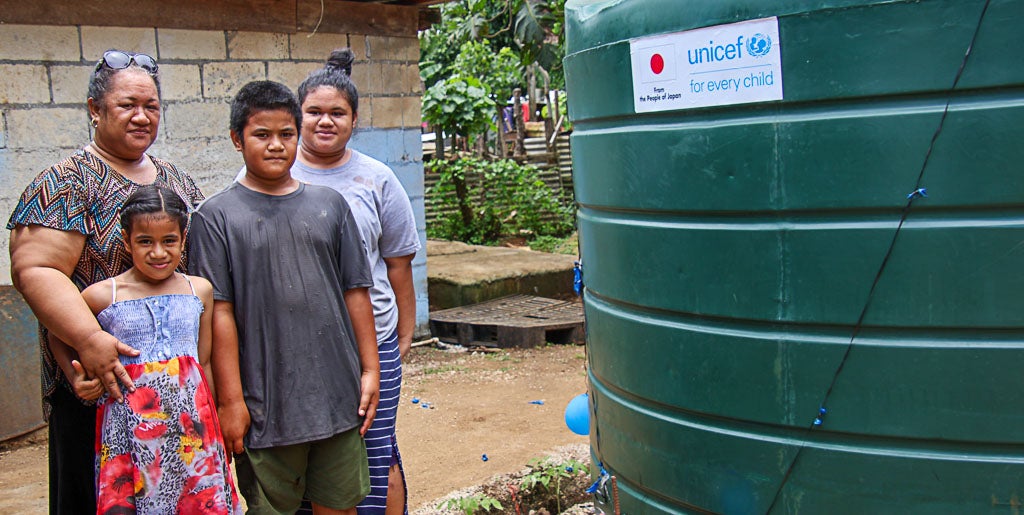
For the past six years, Pele and her family, who live on Tonga’s main island, Tongatapu, have been fetching water from their neighbour’s water tank to drink. But as Tonga rebuilds, UNICEF was able to help with ongoing infrastructure needs, including working alongside the Ministry of Health to provide families with access to clean, safe water, proper sanitation and hygiene.
Pele’s family was among the hundreds of families in Tonga to receive the 10,000-litre water tank, which comes with a filtering system. It is now being used to collect rainwater for drinking, while tap water is used for cooking and washing.
“We are so grateful for getting the water tank, especially after the volcano eruption,” says Pele.
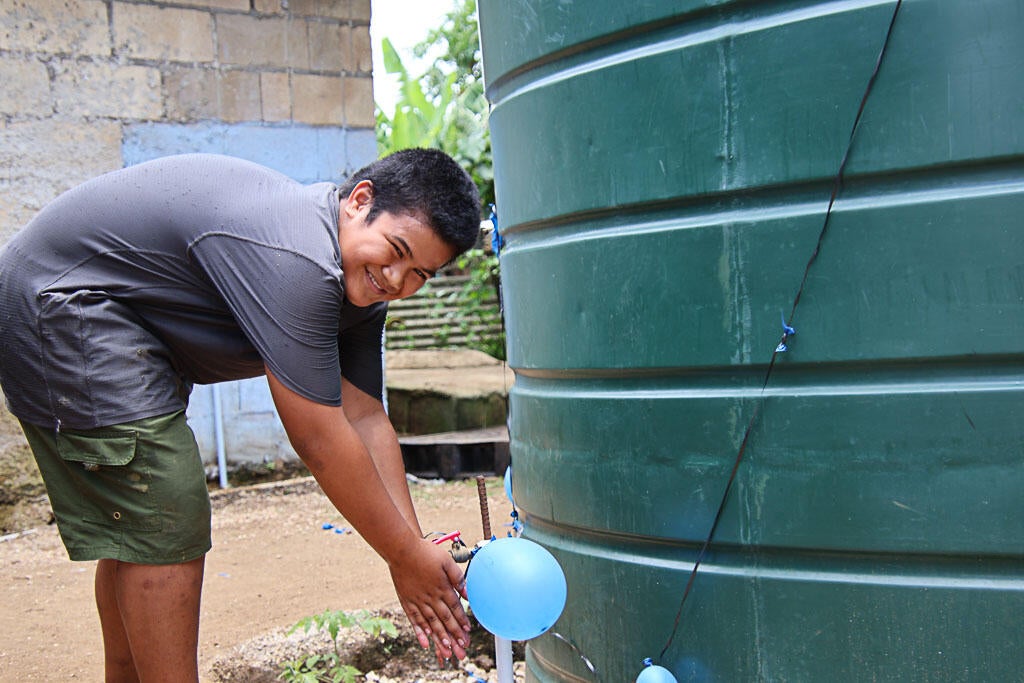
Your impact in numbers
85%
of the Tongan population was affected by the volcanic eruption and subsequent tsunami.
47,092
people have been provided with access to WASH facilities.
85,000
people were reached with health and nutrition services, including COVID-19 response and vaccination rollout.
22,430
students have been supported in returning to school with supplies and School-in-a-box kits.
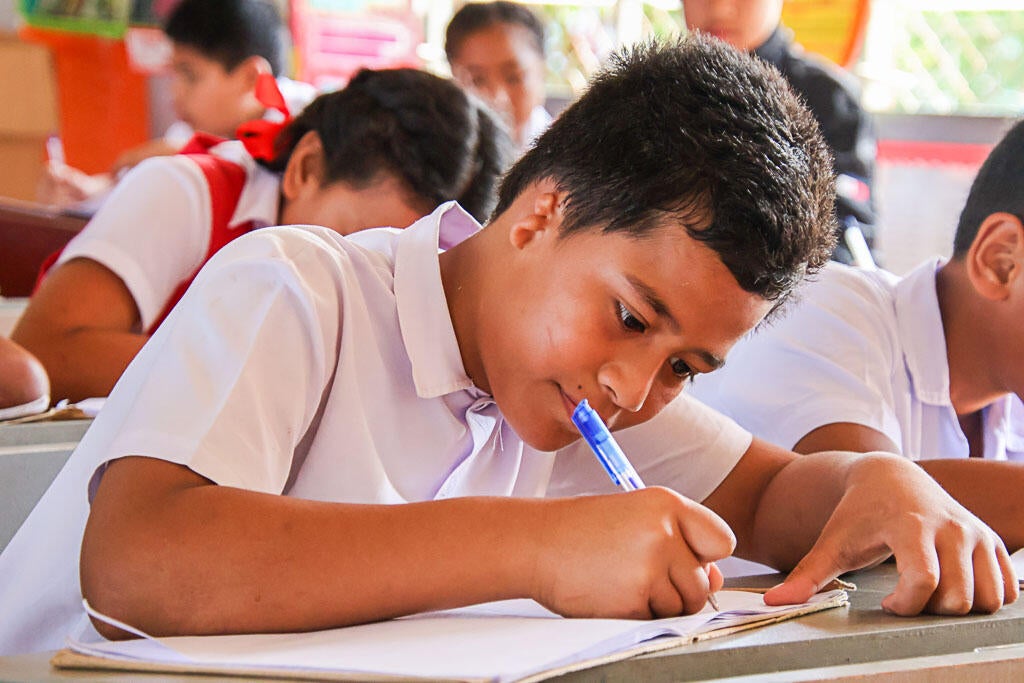
Thank you to all our donors for their generous support for the Tonga Emergency.
It is thanks to you that we were able to provide fast, life-saving supplies and services to the children and families in Tonga and continue to support the recovery long after the emergency was over.
Tonga has slowly returned to normal over the past year. Still, the anniversary of this event serves as a timely reminder that the next natural disaster in the volatile Pacific Ring of Fire isn’t a possibility – it’s a given, with UNICEF standing prepared to act when disaster strikes.
Related articles
Stay up-to-date on UNICEF's work in Australia and around the world








